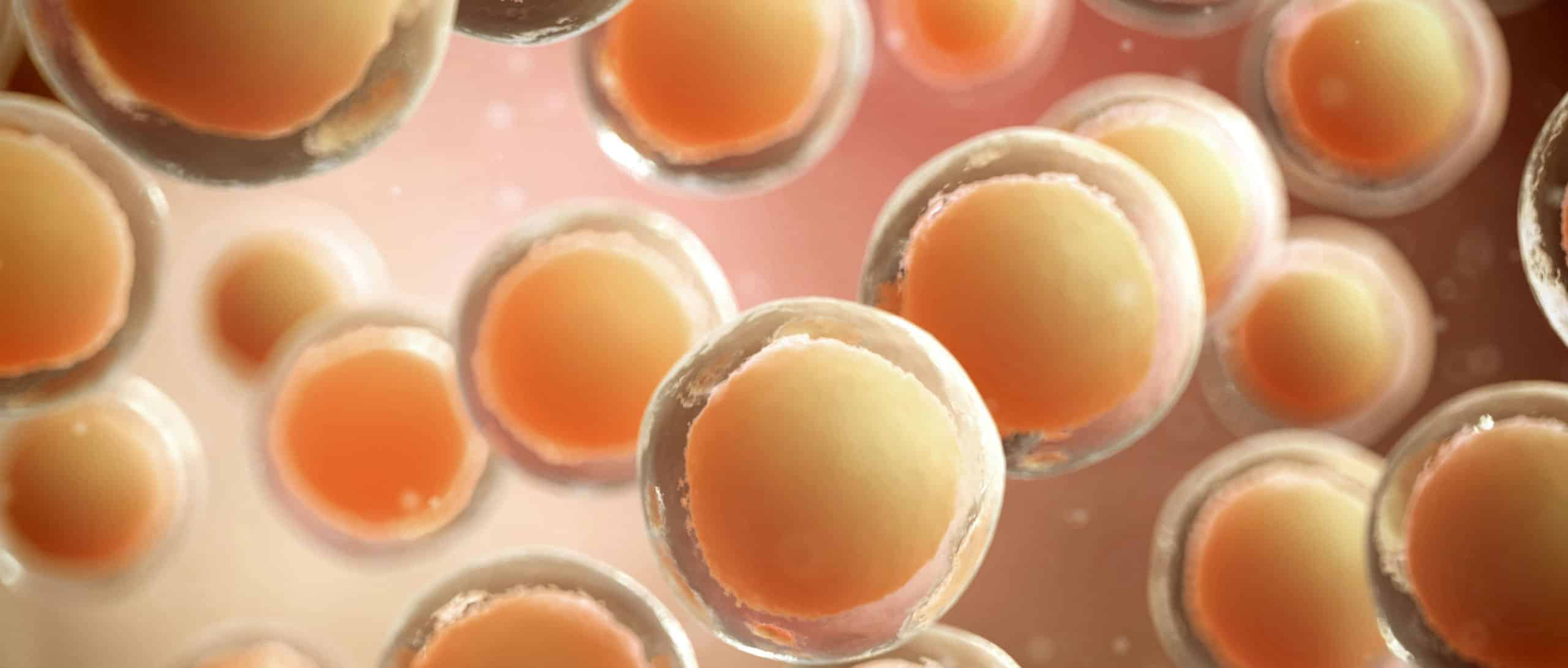Changes in culture and lifestyle lead couples to wait longer before trying to conceive. But there is often a feeling of racing against time, as the quality and number of eggs decline in women as they approach middle age.
Now the researchersUniversity of Queensland they reversed this aging process in the eggs of mice, using a metabolic compound that could lead to new female fertility drugs.
Although the phenomenon differs from person to person, it is largely believed that the number of eggs begins to slowly decline around the age of 30, and collapses after about 45 years.
It's not as steep a precipice as the media often portrays, but age is undoubtedly a factor in family planning. It is not a mystery, therefore, that they try to slow down (or block, or even reverse) the effects of menopause or infertility.
Female fertility, the new study
The researchers linked a specific molecule to the loss of quality of eggs in mice. They found that in mice, advancing age is accompanied by a decline in nicotinamide adenine dinucleotide (NAD+) levels. An important compound for metabolism. This in turn affects the quality of the remaining eggs, leading to fertility problems in older female specimens.
So, the team investigated how this molecule can be restored, and whether this could help delay or even reverse infertility. They orally administered a precursor compound called nicotinamide mononucleotide (NMN) to mice. Cells use NMN to produce NAD+, so raising levels of the precursor should help increase NAD+ levels and, by extension, improve fertility. Apparently it works.
“Quality eggs are essential for successful pregnancy. They provide virtually all the building blocks required by an embryo,” says Hayden Homer, at the head of the study. “We treated mice with low doses of NMN in drinking water for four weeks and were able to dramatically restore egg quality and increase live births during a breeding trial.”
Female fertility, a path for humans too
If the results were to reach humans (which is obviously still under discussion at this early stage) a new option could be opened up for couples looking to improve their chances of conception.
“Our results suggest that there may also be an opportunity in humans. The quality of the eggs, and in turn the female reproductive function, could be restored. The path would be the same, the oral administration of agents that enhance NAD. It would be much less invasive than in vitro fertilization”, he claims Homer.
“It is important to emphasize, however, that although promising, the potential benefits of these agents remain to be tested in clinical trials.”


